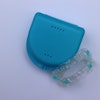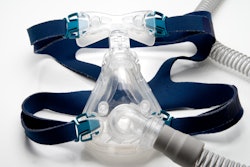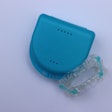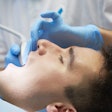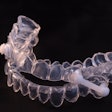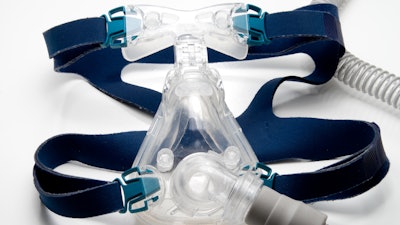
A commonly used treatment for pain relief has been shown to improve breathing in patients with obstructive sleep apnea (OSA), according to the results of a recent phase III clinical trial.
Transcutaneous electrical stimulation (TENS) is a pain relief treatment method that involves using a mild electrical current. During the procedure, patients are connected to a small machine with leads connected to electrodes.
In a clinical trial led by Dr. Joerg Steier, PhD, of King’s College London, researchers tested the effectiveness of TENS in 56 patients who had a documented lack of adherence to standard continuous positive airway pressure (CPAP) therapy. Patients received TENS therapy or used a CPAP machine for at least three months, with changes in their apnea-hypopnea index (AHI) score assessed after three months.
At baseline, patients in the intervention group had an AHI of 24 versus 14.4 in the CPAP group. At follow-up, the AHI had improved in the intervention group to 15.6 but not in the CPAP group, according to the findings.
"The data of the current trial suggest that domiciliary transcutaneous electrical stimulation for patients with [obstructive sleep apnea] who do not adhere to long-term CPAP therapy can be delivered safely and efficaciously over a period of three months, or longer," the authors wrote.
A multicenter trial is being planned to prove efficacy in different healthcare systems, the authors noted.
The full article was published on August 3 in eClinicalMedicine.


